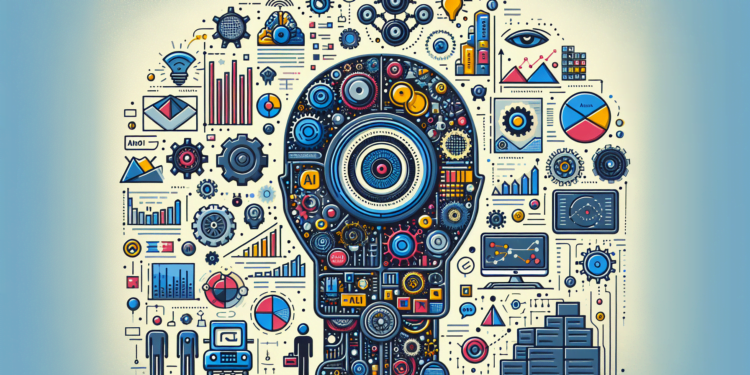The study of ontology learning sits at the crossroads of two vital areas of artificial intelligence: machine learning and knowledge representation. Addressing this subject requires a nuanced understanding of how machines can not only process large datasets but also structure knowledge in such a way that reflects complex conceptual and hierarchical relationships.
Theoretical Foundation
Origins and History: The notion of ontology has its roots in philosophy, where it has traditionally been used to describe the nature of being. Within artificial intelligence, ontologies enable formal modeling of knowledge domains, providing structures that define concepts and the interconnections among them.
On the other hand, machine learning has evolved from its initial conception in the 1950s, moving from simple algorithms to complex architectures such as deep neural networks. The synergy of machine learning with ontologies seeks to enhance knowledge representation and foster learning that is more general and extrapolatable.
Basic Principles: At the heart of ontology learning is the creation of knowledge from raw data. This involves the identification of entities, concepts, classes, relations, and properties. Well-defined ontologies are vital for system interoperability, automated reasoning, and semantic natural language processing.
Recent Advances
Researchers have been developing methods to automate the construction and updating of ontologies, applying both supervised and unsupervised machine learning algorithms.
Clustering Algorithms: An example of progress in this field is the application of clustering techniques to identify natural groups of objects that should be together in an ontology. This can be useful for organizing resources on the semantic web.
Neural Networks and Deep Learning: More recently, neural networks have been used to learn vector representations of entities and relationships, allowing for more direct integration of knowledge represented in ontologies with deep learning methods. This is evident in the advances of word and phrase embeddings in continuous spaces, as seen in language models like BERT and GPT.
Practical Applications
Biotechnology and Medicine: An emerging sector with significant AI implementation is biotechnology, where ontologies play a crucial role in the analysis of biomedical data. For instance, the human genome ontology organizes and relates genetic and clinical concepts, providing a fertile ground for AI algorithms to detect patterns and make predictions.
Semantic Web: Another key application is the semantic web, where ontologies are fundamental in creating interconnected data readable by both machines and humans. Here, automated ontology learning is essential to keep knowledge bases up to date as web information grows exponentially.
Comparative and Projection
Current methodologies differ from past approaches by focusing more on scalability and automation. Where ontology creation once required considerable manual effort, methods that can adapt and evolve over time are now pursued.
Projection: Looking to the future, we can anticipate innovations that further facilitate the automatic extraction of structured knowledge in increasingly broad domains. It is likely that we’ll witness the convergence of symbolic AI and connectionist AI, where learning knowledge structures and learning hidden patterns and representations are carried out synergistically.
Case Studies
One of the most relevant examples in ontology generation through AI is the Open Biological and Biomedical Ontologies (OBO) project, which uses machine learning techniques to integrate and update biomedical knowledge.
On the other hand, in the e-commerce industry, ontology learning through machine learning is transforming the way products are organized and recommended, allowing for a personalized user experience and improving internal search engines.
Conclusion
Ontology learning in AI is a cutting-edge area that promises significant transformations across many fields. Through an approach that combines the conceptual precision of ontologies with the analytical power of machine learning, we are witnessing the formation of a new era in knowledge representation and processing.






















